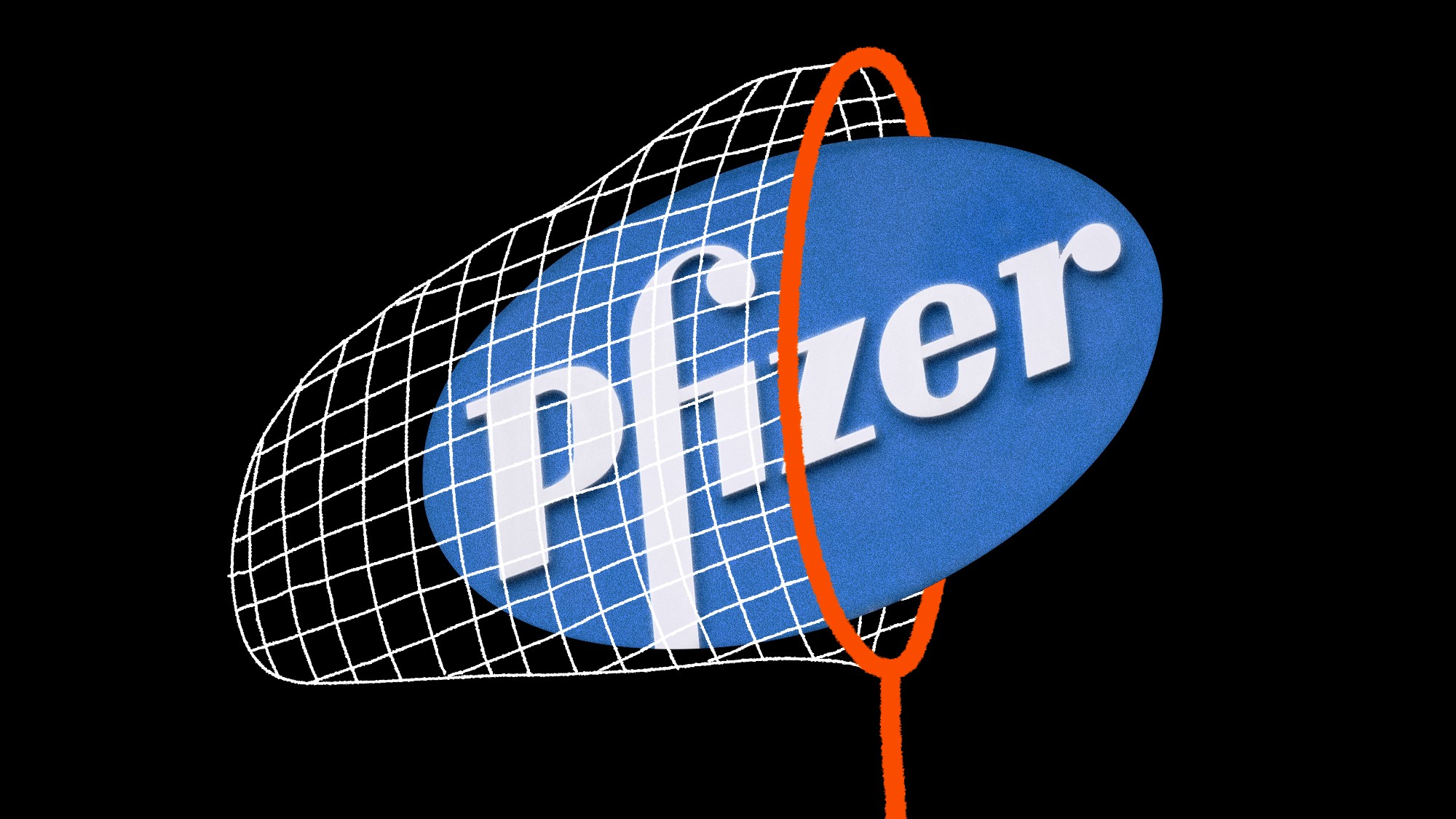An online patient scheduling solution works with a healthcare provider’s electronic health record (EHR) or practice management system. It shows patients real-time appointment availability. Patients can book, change, or cancel appointments without calling, giving them more flexibility.
Integration with systems like Oracle Health, Epic, and MEDITECH ensures the available appointment times are accurate. This stops double-booking and keeps patient records and schedules correct.
Many patients in the U.S., especially younger ones, want to schedule appointments online. About one-third of appointments happen outside regular office hours, so having 24/7 online access is important. Also, 36% of appointments are for new patients, showing online scheduling helps bring in new people.
Key Features for Healthcare Providers to Consider
1. Integration with EHR and Practice Management Systems
Medical offices use many different software systems for patient info, billing, and care. A good scheduling system needs to work well with these records and management programs.
This integration means:
- Appointment times update in real-time.
- Patient data and schedules sync automatically.
- Billing and clinical records stay accurate.
For example, Northeast Georgia Health System used Kyruus Connect and scheduled 2,000 appointments in six months. Seventy-five percent were new patients. This shows how well the system worked and saved money in less than a year.
2. User-Friendly Interface for Patients
The scheduling website should be easy to use. Patients want it to be as simple as shopping sites online. Clear instructions, a good design for phones and computers, and easy booking steps make patients happy and stop confusion.
If the site is hard to use, patients may give up and call instead, which lowers the system’s benefits. Letting providers customize their site look or offer different languages can help more patients use it.
3. Support for Multiple Appointment Types
Doctors offer many services like check-ups, lab tests, or vaccines. The scheduling system should let patients pick different types of appointments.
Providers can set appointment categories, adjust how long each lasts, limit when services are offered, and allow easy booking for simple care like flu shots.
4. Flexible Scheduling Options with Access Outside Business Hours
Patients can book anytime with online scheduling. One in three appointments happens outside regular hours. Being open 24/7 online helps get more bookings and keep patients engaged.
Providers should control when appointments are available, like during holidays or special hours. Automated waitlists can fill slots quickly if someone cancels.
5. Pre-Booking Validation and Accurate Patient-Provider Matching
Questions before booking help match patients to the right doctor and service. These check patient needs and eligibility before confirming.
Using clinical terms and lists, like the 35,000 medical terms Kyruus uses, helps match patients accurately. This reduces wrong bookings and makes care smoother.
6. Automated Reminders and Notifications
Missed appointments hurt medical offices. Scheduling systems that send automatic emails or texts remind patients and cut down no-shows.
Doctors benefit with better attendance and easier daily work. These messages can also tell patients how to check in, what forms to bring, or how to prepare.
7. Customization and Control for Providers
Every medical practice runs its schedule differently. Providers need control over:
- Which types of appointments and how long they last.
- Available hours and dates.
- Rules for new versus returning patients.
- How many appointments happen each day or with each doctor.
This control helps the system fit the clinic’s work and staff limits.
8. Security and HIPAA Compliance
Protecting patient information is very important. Scheduling systems must follow HIPAA rules and use encryption to keep data safe during transfer and storage.
Providers should check features like user login, access controls, and audit logs.
Role of AI and Workflow Automation in Online Scheduling
Using AI and automation makes scheduling systems work better and faster. These tools handle busy schedules and let staff focus on other jobs, while improving the patient experience.
AI-Powered Appointment Management
AI looks at data to make schedules better based on past patient behavior, doctor availability, and care needs. It can:
- Guess which patients might miss appointments and adjust bookings.
- Suggest good times based on provider and patient preferences.
- Reschedule or offer new times if cancellations happen.
This helps keep schedules full and avoid gaps.
Natural Language Processing (NLP) for Enhanced Communication
AI systems can chat with patients using natural language through chatbots or automated answering services. This lowers the work for front desk staff.
Simbo AI makes tools for handling calls automatically. These virtual assistants can book, confirm, or cancel appointments with voice commands, making things easier and faster.
Workflow Automation to Reduce Administrative Burdens
Automation can do routine jobs like:
- Sending appointment confirmations and reminders.
- Checking patient eligibility.
- Managing waitlists and rebooking canceled slots.
- Updating patient records after booking.
This saves staff time and cuts mistakes.
Evidence of Impact: Case Study from Northeast Georgia Health System
Northeast Georgia Health System used Kyruus Health’s patient self-scheduling system and saw clear benefits. Sean Couch, an executive there, said 75% of booked appointments were for new patients. This shows the system helped bring in more patients and made care more available.
About 2,000 appointments were made in the first six months. This quick use shows patients liked it and staff accepted it. The health system also saved money within a year by booking more patients and cutting admin costs.
Trends and Stats Driving Online Scheduling Adoption in the United States
- More than 5 million appointments have been booked using self-scheduling systems nationwide.
- Thirty-six percent of appointments are for new patients.
- About one-third of appointments happen outside normal business hours.
- Over half of consumers think online scheduling is important when choosing healthcare providers.
- Young adults often book appointments online, with many using digital tools for their last visit.
These facts show that online scheduling is now important for meeting patient needs, staying competitive, and working efficiently.
Considerations for Medical Practice Administrators and IT Managers
Picking an online patient scheduling system means balancing what patients want, how providers work, and following healthcare rules. Administrators and IT staff should check for:
- Compatibility with current EHRs and safe data sharing.
- Easy-to-use patient portals.
- Features for multiple appointment types and specialties.
- Flexible scheduling rules.
- HIPAA compliance and other healthcare rules.
- AI tools for phone automation and managing bookings.
- Strong customer support and training for smooth setup.
Focusing on these features helps clinics improve access to appointments, make patients happier, and lower the load on staff.
Summary
Online patient scheduling systems are no longer just a convenience; they are a must-have for healthcare providers in the U.S. The best platform connects with clinical and admin systems, is easy to use, supports automation, and keeps data safe.
AI features like Simbo AI’s phone automation improve how offices work and talk with patients. Healthcare leaders who use good online scheduling tools will better meet patient expectations and run their operations well in today’s healthcare market.
Frequently Asked Questions
What is an online patient scheduling solution?
An online patient scheduling solution integrates with a provider’s EHR system to display real-time appointment availability, allowing patients to view and book convenient appointments digitally.
How does online patient scheduling benefit patients?
It provides flexibility for patients to book care at their convenience, view real-time availability, and reschedule appointments without phone calls, enhancing accessibility and patient-centered care.
What are the benefits of online scheduling for healthcare providers?
Benefits include attracting and retaining patients, optimizing appointment utilization, reducing administrative burdens on staff, and lowering no-show rates through automated reminders.
Can patients schedule different types of appointments online?
Yes, most solutions enable scheduling for various appointment types, including check-ups, procedures, and services like flu shots and lab work.
How does online scheduling integrate with existing practice management systems?
It integrates through secure, real-time data exchange, ensuring up-to-date provider availability and maintaining workflow accuracy while avoiding double-booking.
Is online patient scheduling secure and HIPAA compliant?
Yes, secure solutions use encryption and adhere to HIPAA guidelines to protect patient data.
Can patients receive appointment reminders through online scheduling?
Yes, many solutions offer automated reminders via email or SMS, helping to reduce no-shows and improve patient engagement.
How easy is it for patients to use online scheduling?
Platforms are designed to be user-friendly, mirroring other consumer experiences, ensuring clear instructions and intuitive navigation for all patients.
Can healthcare providers customize their online scheduling settings?
Yes, providers can customize appointment types, availability, scheduling rules, and control which bookings are accepted, enhancing flexibility and efficiency.
What features should healthcare providers look for in an online scheduling solution?
Providers should seek integrated experiences, user-friendly design, real-time availability access, pre-booking validations, multi-specialty support, analytics for optimization, and robust customer support.
The post Key Features of Effective Online Patient Scheduling Solutions: What Healthcare Providers Should Consider for Optimal Performance first appeared on Simbo AI – Blogs.






